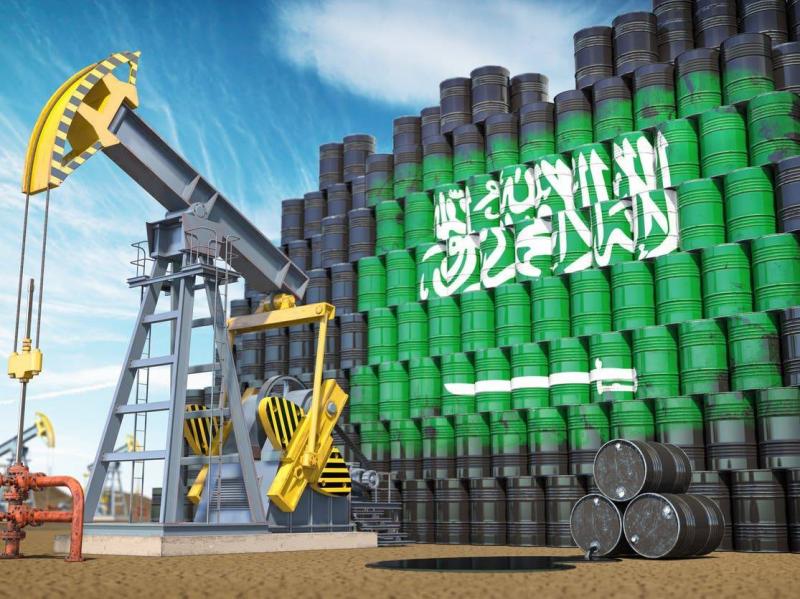Oil prices rose on Monday after Saudi Arabia and Russia, the two largest oil-exporting countries in the world, confirmed they would continue their voluntary production cuts until the end of the year, maintaining supply tightness while investors await tougher U.S. sanctions on Iranian oil. By midnight GMT, Brent crude futures had risen by 41 cents, or 0.5 percent, to $85.30 per barrel, while West Texas Intermediate (WTI) crude reached $81.05 per barrel, up 54 cents, or 0.7 percent.
A source from the Saudi Ministry of Energy stated that in line with analysts' expectations, the Kingdom confirmed it would continue its voluntary production cut of one million barrels per day, bringing its output down to nine million barrels per day in December. The source confirmed that "this additional voluntary cut is aimed at bolstering the precautionary efforts by OPEC+ countries to support the stability and balance of oil markets."
Following the Saudi announcement, Moscow also declared it would continue its voluntary production cut of 300,000 barrels per day from its crude oil and petroleum product exports until the end of December. Both contracts experienced their second consecutive weekly decline last week, dropping about 6 percent, driven by reduced geopolitical risk premiums arising from concerns over supply disruptions due to the potential expansion of conflict in the Middle East.
Analysts from "ANZ" noted in a memorandum, "The geopolitical risk premium has completely vanished after two weeks of volatile prices." They added, "Market focus has shifted to demand expectations, which remain uncertain." Investors are looking forward to more economic data from China this week after the world's second-largest oil consumer released disappointing factory data for October last week.
Tony Sycamore, an analyst at IG Markets in Sydney, expects oil prices to be influenced by news from the Middle East and technical charts this week. He added that WTI needs to stay above the support level of $80 per barrel early this week; otherwise, prices may drop to the low of $77.59 recorded in August. The U.S. House of Representatives approved a bill on Friday to strengthen sanctions on Iranian oil, which would impose measures on foreign ports and refineries that process oil exported from Iran if signed into law.




